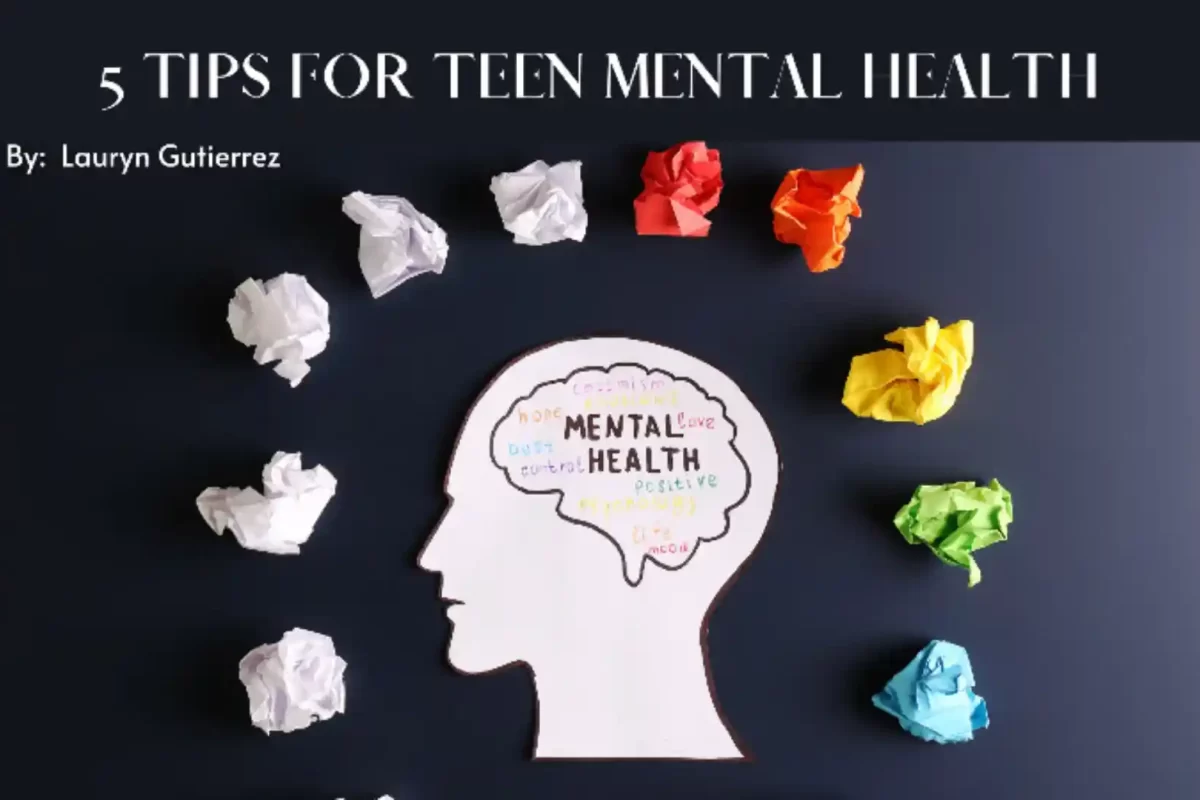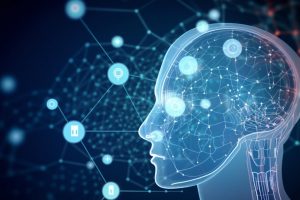(Depression is a complex mental illness affecting mood, behaviour, thoughts, physical health, and daily chores.)
People have many illusions about depression and mental health. Depression is a common mental illness and can occur at any age. But many of us still don’t know much about depression and have misconceptions that need to be addressed. Physical, biological, and genetic factors can cause it.
Feeling sad is normal, especially when things are not going right or dealing with a loss. Some cloudy days cause sadness, and this is normal. But sometimes, sadness is prolonged, taking the form of depression.
Depression is considered one of the most common mental health disorders. According to the Centres for Disease Control and Prevention, 1 in 5 adults in the United States receive a depression diagnosis in their lifetime.
Depression is a natural and common mental disease that can be treated with the proper practice. There are many symptoms of depression, ranging from crying and sadness to mood swings and even physical pain.
People may feel depression in many ways, which can affect their daily and result in a loss of productivity and a balanced lifestyle.
Many things can cause depression
The cause of depression is not always clear, and many people believe that this mental illness is often caused by a number of factors.
Many factors that contribute to depression include:
Genetics: More than 80 different genetics have been found to be associated with depression. Some studies have shown that children whose parents are depressed are more likely to develop depression in adolescence and continue into adulthood. This suggests that genetics may play a role in the development of this disease.
Hormones: Pregnancy, menstruation, menopause, or any change in hormones or activity related to the thyroid gland can cause depression. For example, one study found that when levels of the hormone testosterone were higher in premenopausal women, symptoms of depression were more severe.
Seasonal changes: Major depression with seasonal patterns (also known as seasonal affective disorder) is caused by negative emotions. The body’s circadian rhythms at different times of the year. Seasonal changes can disrupt sleep, which can lead to mood swings.
Stress and trauma: Depression can result from loss, injury, abuse, chronic stress, and major life changes (such as divorce or unemployment). Researchers attribute this to higher levels of the hormone cortisol, which is released during times of stress and trauma. Cortisol affects the neurotransmitter serotonin and can cause depression.
Drug Addiction: People with a history of substance abuse are also more likely to become depressed. One explanation for this is that the stigma of depression leads people to turn to drugs, or depression leads to drug use. Another theory suggests that drug use causes depression, or that drug use and depression are caused by underlying problems.
Other causes of depression include frequently occurring physical diseases. Diseases such as cancer, diabetes or Parkinson’s disease, or use of antidepressants.
So, let’s talk about depression.
Depression is more than sadness:
This is perhaps the most common misconception about depression that many people believe in. Depression is not merely caused by sadness; numerous other factors can also be associated with it.
Depression is characterised by negative thoughts, hopelessness, worthlessness, and a sense of belonging that makes one weaker. It’s a feeling that can take over your life and affect your day-to-day activities.
Depression has different triggers:
There is no specific reason for the depression. People with depression, especially, are those who have been through a stressful life event. Stressful life routines, social isolation, and bad habits are specific causes of depression. Sometimes, it can also be triggered if your family has this type of history. Sometimes, depression can also be developed without any apparent cause.
Children, too, get depression:
Some people think that depression can only affect adults. But in reality, it’s a misconception; depression can occur at any age and impact anyone. While the elements of depression can vary for everyone, the illness is there. In the case of adults, they may deal with financial crises or losses.
But children also can sometimes face trauma and mental abuse as adults that trigger their mental condition and lead to negative mental consequences of depression. The factor is characterised by mental imbalance, which is not discriminated by age or any demographic factor.
Depression is a real illness:
Some people take depression for granted, saying it’s nothing serious to talk about. You may often hear phrases like it’s all in your head and not an illness. But contrary to that, depression is a real illness. Though depression is not a sign of a weak mind or a person’s disability, it can seriously affect a person. Many researchers believe depression results from mental imbalances, but whatever cause is its kind of illness. Some agree it can be classified as a systematic disorder. Neurotransmitters play a significant role in how we feel or our mood.
Depression also affects physical pain:
While depression may seem detrimental mentally, it can also feel harmful to the Body, causing headaches, pain, and muscle soreness. Other harmful Problems related to depression include disorders, respiratory illnesses, and thyroid issues. People with depression are also at risk of chronic inflammatory and autoimmune conditions like diabetes, heart disease, and arthritis.
Depressed Brain might look different:
A Depressed Brain also looks different from a healthy brain in certain conditions, such as magnetic resonance imaging (MRI) scans. According to a study published by the journal Translational Psychiatry that examined the brain using MRI, Depression is a complex biological disease that causes brain changes in some people. Researchers also use a new technique to analyse information to help diagnose depression.
Exercise can help with depression:
Exercises are actually found effective in treating depression. Exercise can improve one’s mood and behaviour. Exercise can stimulate the chemical response in the Body that makes us feel better. Aim for at least 30 minutes of workouts every day. Moreover, also develop good habits of sleeping at the same time and follow a healthy routine.
Therapy is needed for depression:
Many people think depression is not an illness and can be cured independently. But that’s not always the case. Sometimes, you also need Therapy and treatment. For the first line of depression, Therapy, and life changes are considered effective.
But for moderate and severe conditions, Therapy with meditation is usually recommended. Sometimes, anti-depression meditation will also be used to alleviate the depression and effectively treat the condition. Besides that, cognitive behavioural therapy and other therapeutic strategies are also needed for effective depression treatment.
Depression can be experienced with anxiety:
This might come as a shock to many people, but it’s true. Many people who have depression can also experience anxiety. Anxiety is also a negative expression, but many people ignore it.
Women are more susceptible:
Many don’t know about it, but it’s actually true: Women are more at risk for depression due to hormones. After puberty, the rate of women with depression is significantly larger than that of men. This also shows hormone plays an important role in depression.
Depression can change our thinking process:
Depression cannot only cause physical changes, but it also largely affects our thought processes. It can ruin our memory, attention power, and process and decision-making abilities. It can also impact our cognitive flexibility of mind and the way our brain functions.
Final words
Depression has been a serious illness in recent decades, and it’s important to discuss it. It’s essential to treat depression at the right time; otherwise, it can lead to adverse physical and mental health outcomes.




















